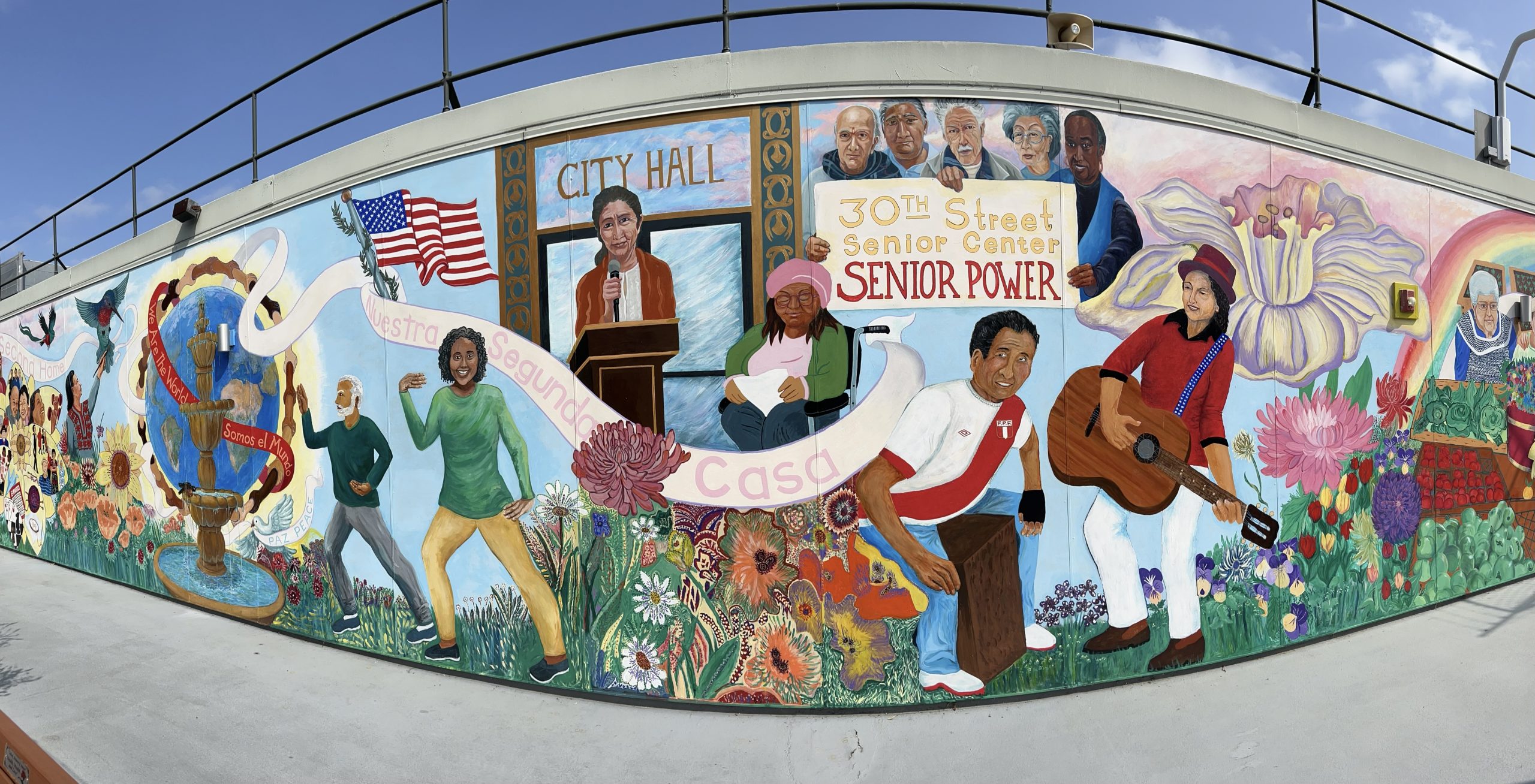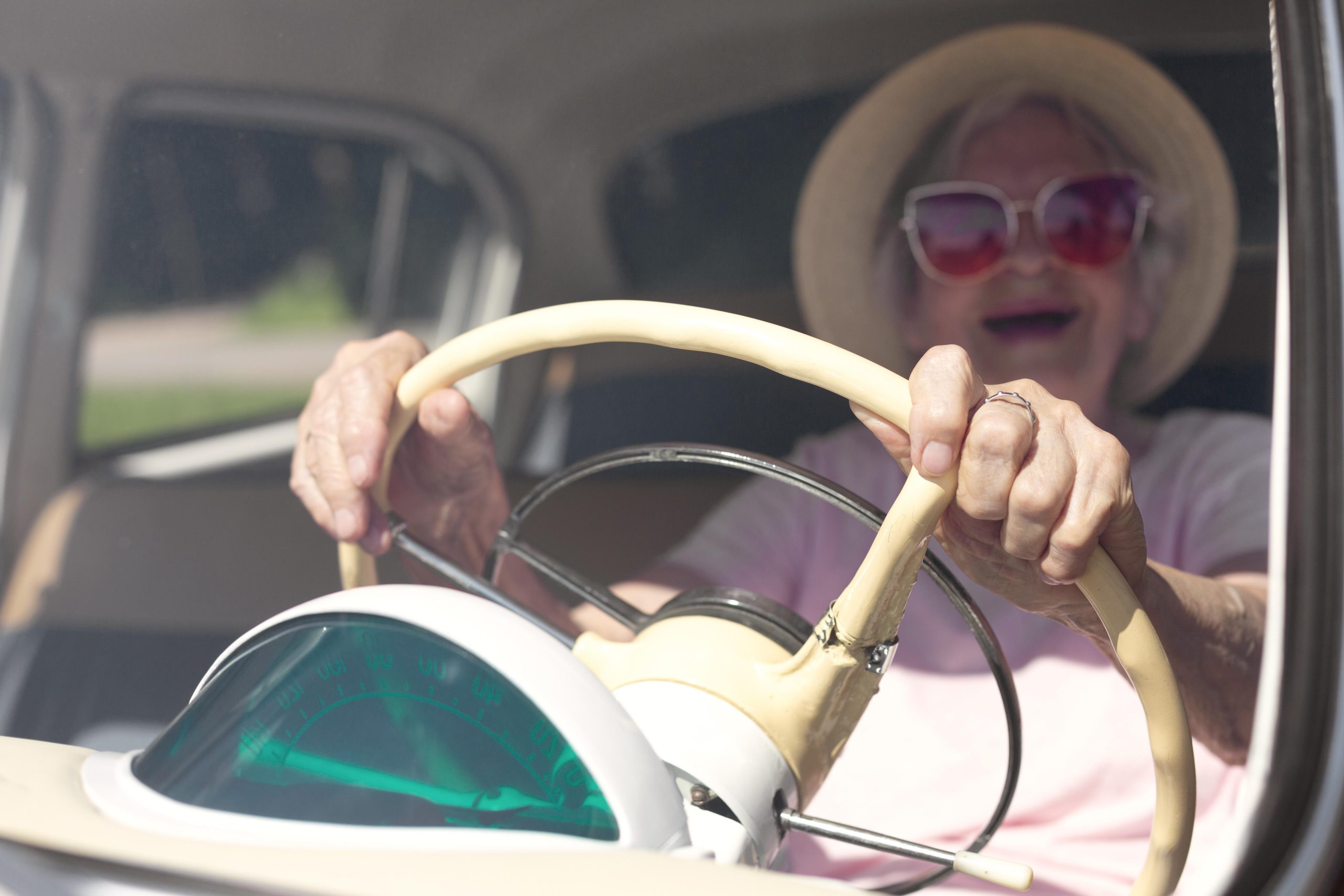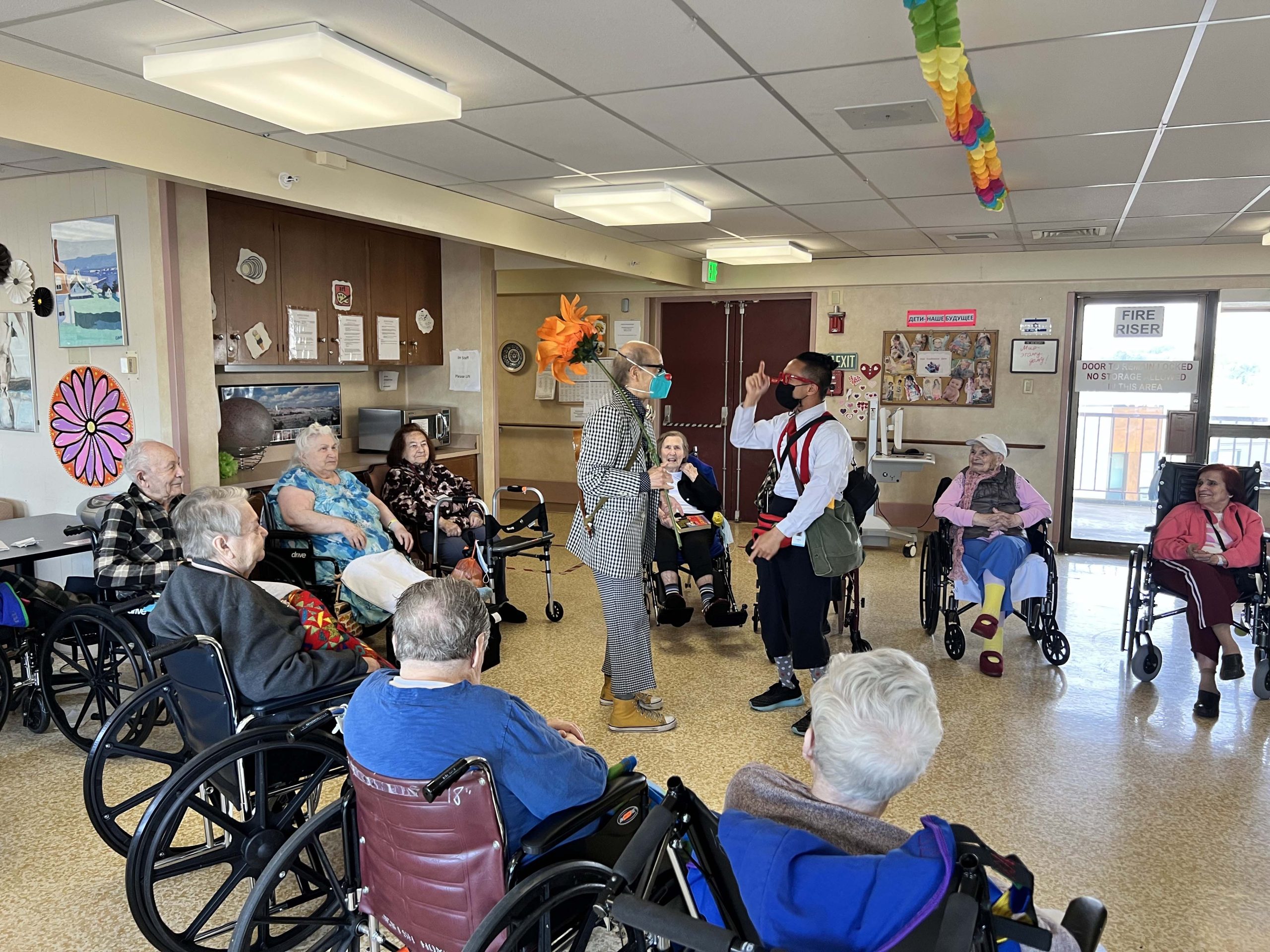Grandfather’s dementia solidified decision to specialize in geriatrics, says On Lok chief medical officer
“Gomer, get out of my emergency room.” Gomer was the code language for ailing seniors used by Jay Luxenberg’s fellow trainees at Albany Medical College in New York.
The cruel dismissal, out of earshot of any patient, was Luxenberg’s call to duty. His grandparents, he thought, could be “gomers” in the eyes of these classmates. It was a clarifying moment for Luxenberg: He decided to specialize in geriatric medicine.
“I knew I could do better, and I did,” said Luxenberg, 65, now chief medical officer of On Lok, a community-based organization that helps underserved seniors. He volunteered there for a year, serving as treasurer and on the board of directors, before taking his current position in 2011, after a 15-year tenure as chief medical officer and medical director at the Jewish Home in San Francisco.
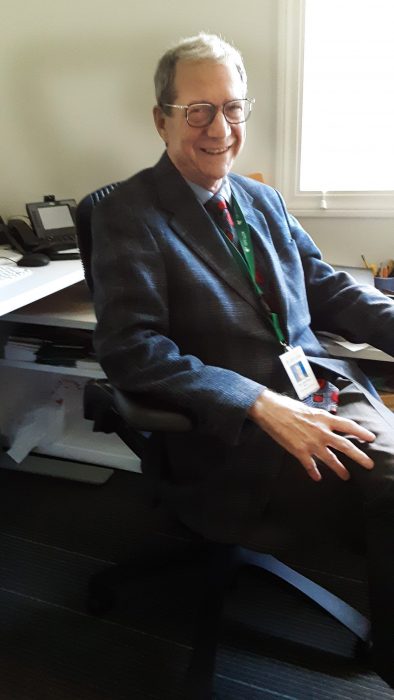
Treating diseases of aging has been his passion since early in his medical career, a passion sparked by his grandfather’s descent into dementia. He learned firsthand what families go through when this disorder strikes.
Luxenberg was close to his grandfather. The older man played a large role in his adolescence and entry into manhood, shepherding the high school graduate to numerous colleges and universities as he decided where to apply.
But everything changed when his grandfather was diagnosed with Alzheimer’s Disease.
Family violence
“My granddad became violent, assaulting my grandmother, demanding that she speak to him. He had forgotten that she could not speak. We had to place him in a nursing home where he would not harm himself or others,” Luxenberg said. “This is where he spent the rest of his life.”
After medical school, Luxenberg researched brain aging and dementia while a fellow at the National Institutes of Health. “This really influenced my subsequent career,” he said. “It was no longer just the science that drove me in this specialty; it was deeper.”
Luxenberg attended Rensselaer Polytechnic Institute and Albany Medical College, where he earned bachelor of science and medical degrees in six years, not the usual eight. At 22, he moved to San Francisco, married and spent another five years in residency at Mt. Zion Hospital and Medical Center (now UCSF Medical Center).
When asked about progress in American healthcare and the administration of geriatric medicine, he said, “oftentimes, it’s top-heavy with double meanings and complicated language; confusing for most people. I remember speaking to medical professionals in Maastricht, Holland, trying to explain the ‘donut hole’ in U.S. healthcare plans, a prescription coverage gap that can force higher prices on patients. The room was quickly filled with a mix of laughter, confusion, and then more laughter.”
Lack of sensitivity
He laments the lack of sensitivity and ageist mindset in medical generalists who serve the elderly. He recalled an 80-year-old man who complained, “Doctor, it’s my left knee that hurts so much.” The physician responded, “Well, it’s your age! What do you expect?” The patient countered that “my right knee is exactly the same age and it doesn’t hurt at all.’”
Luxenberg’s curriculum vitae now encompasses 12 pages and is replete with numerous directorships, fellowships, teaching positions, editorships, certifications and speaking tours around the globe. He has co-authored over 60 articles for medical journals and publications – including several on dementia – and is the co-author of three books. He edits the newsletter for the California Association of Long Term Care Medicine and serves as faculty and speaker for a series of webinars on Covid-related topics.
He has been honored in “Who’s Who in Medicine and Healthcare” as well as several other prestigious publications.
As chief medical officer, Luxenberg directs the PACE program for senior care, which was founded by On Lok and replicated at sites across the United States. Formally known as the Program of All-inclusive Care for the Elderly, On Lok PACE is designed to help seniors continue to live at home.
According to Luxenberg, participants in the program are given numerous services, including home care, transportation, recreation, physical therapy, primary care, nutrition/meal service and geriatric counseling.
Alternative to institutionalization
PACE, he said, can be an alternative to institutionalization. “This program really works for the elderly who are nursing-home-eligible. Most often, they get the care they need and can stay with their families while costing their loved ones, state, and local governments significantly less.
Luxenberg grew up in New Jersey. His father was a truck driver, who once owned a bar. His mother was an elementary school teacher.
Law and medicine commingle in the doctor’s family. His sister is a corporate lawyer, and his brother is an attorney who practices civil law. Luxenberg briefly considered a career in law, but quickly concluded that his calling was medicine. His two sons, Evan and Adam, and his daughter-in-law are physicians.
Does Luxenberg have a prescription for keeping one’s brain healthy while aging? He does. Number One: Physical Exercise; Number Two: Physical Exercise; Number Three: Physical Exercise.
There are, of course, many other items on his list of things we need to do to remain healthy.
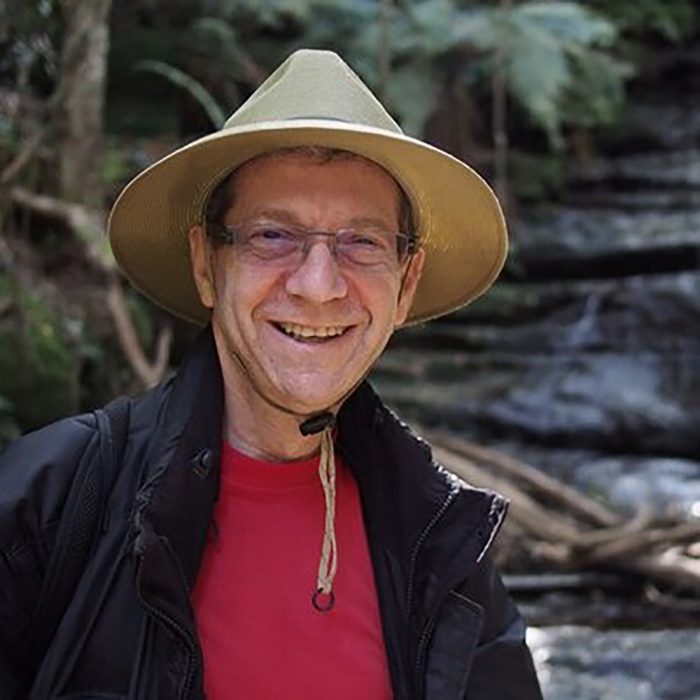
Luxenberg follows his own advice. In late October, he and his wife, Jan, were preparing to hike at Point Reyes. They often hit the trails on Mount Tamalpais, the Marin Headlands and other scenic paths near his family home in Greenbrae. While on symposiums, the couple has enjoyed climbing through rustic areas in France, Israel, Turkey, Sweden, and Australia.
He’s looking forward to retirement, but Luxenberg said he has more to accomplish professionally. His family is growing. His youngest son is planning a wedding and the delight of his life, he says, is playing with his grandson, Ezra. He expects to make more contributions to geriatrics through his writing, consultancy, and collaboration with others. And he may even fire up his GPS and embark on more world travel.



